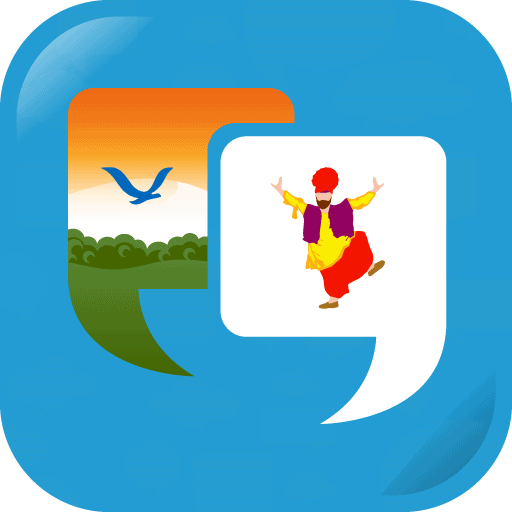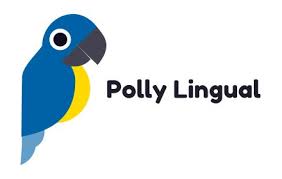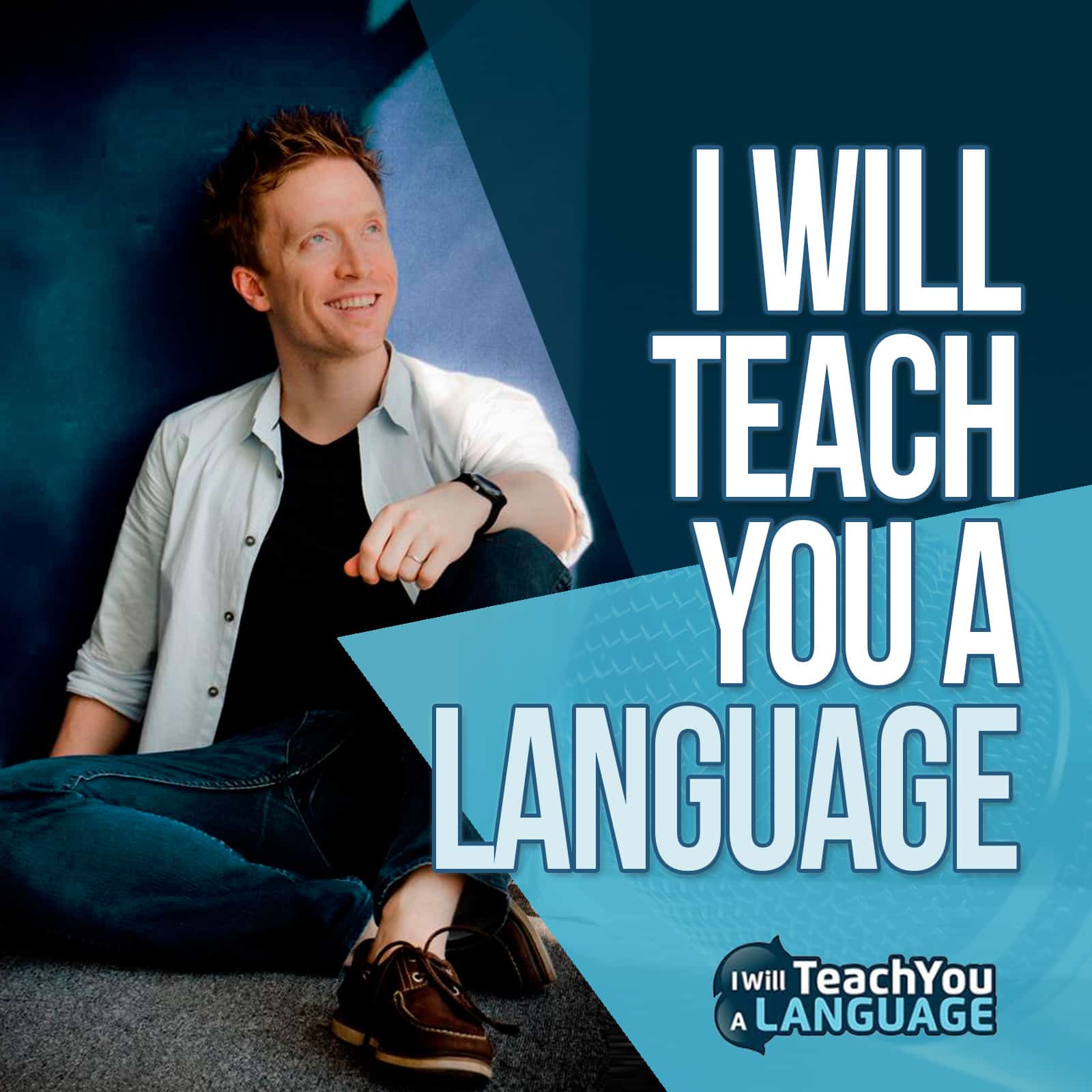Learn Indian Languages Quickly With Alter Gyan: Mini Review
Alter Gyan/Learn X Quickly
Summary
Alter Gyan’s apps set out to teach you essential words and phrases in 13 different Indian languages. The series include Learn Hindi Quickly, Learn Punjabi Quickly, and Learn Bengali Quickly. What makes it even better is the fact that you can learn from other common Indian, East Asian, and European languages – not just English. Although Alter Gyan (also called Altergyan) has also made apps for European and East Asian languages, we can’t recommend them. Our score is solely for the apps for the Indian languages. This is because the biggest selling point of these apps is the variety of languages for which, frankly, there aren’t always many resources. When you open the app, you can view word lists for over 30 themes. You can drill them with flash cards, take multiple-choice quizzes, and even record yourself speaking and listen back. If you can find your language on something like uTalk (review), Ling (review), Simply Learn Languages (review), or Vocly (review), we would recommend studying with those apps instead. We find them more effective, engaging, and comprehensive. However, if these apps aren’t an option, or if you want to learn from Tamil or Telugu, Alter Gyan’s Learn Quickly apps could help you memorize basic words and phrases for essential situations.
Learn Indian Languages Quickly With Alter Gyan: Mini Review Read More »












